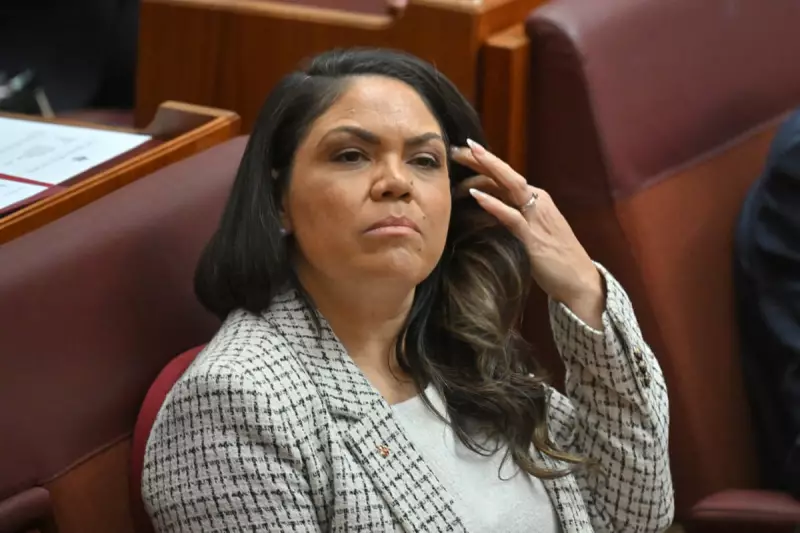
In a dramatic court hearing that has sent shockwaves through Australian political circles, Senator Jacinta Nampijinpa Price faced intense scrutiny over her admission that she failed to verify critical details in a media release that allegedly defamed an Indigenous corporation CEO.
Courtroom revelations expose verification failures
The Federal Court heard that the prominent senator did not personally check the accuracy of statements contained within a media release that forms the centrepiece of a defamation lawsuit. The case, brought by Aboriginal Investment Group CEO Mark Davies, alleges the publication contained seriously damaging allegations.
What the court heard about the media release
During cross-examination, Senator Price conceded she had relied on information provided by others without conducting independent verification. This admission raises significant questions about due diligence processes within political offices when making serious public allegations.
The court proceedings revealed that the media release in question contained allegations that Mr Davies claims have caused significant harm to his reputation and professional standing. The case continues to unfold with potentially far-reaching implications for political communication standards.
Broader implications for political accountability
This case transcends the immediate legal battle, touching on fundamental questions about:
- Political accountability for public statements
- The verification processes within political offices
- Legal responsibilities of public figures when making allegations
- The intersection of political communication and defamation law
As the hearing continues, political observers are watching closely to see how this case might influence future standards for political communication and the legal boundaries of public commentary by elected officials.





